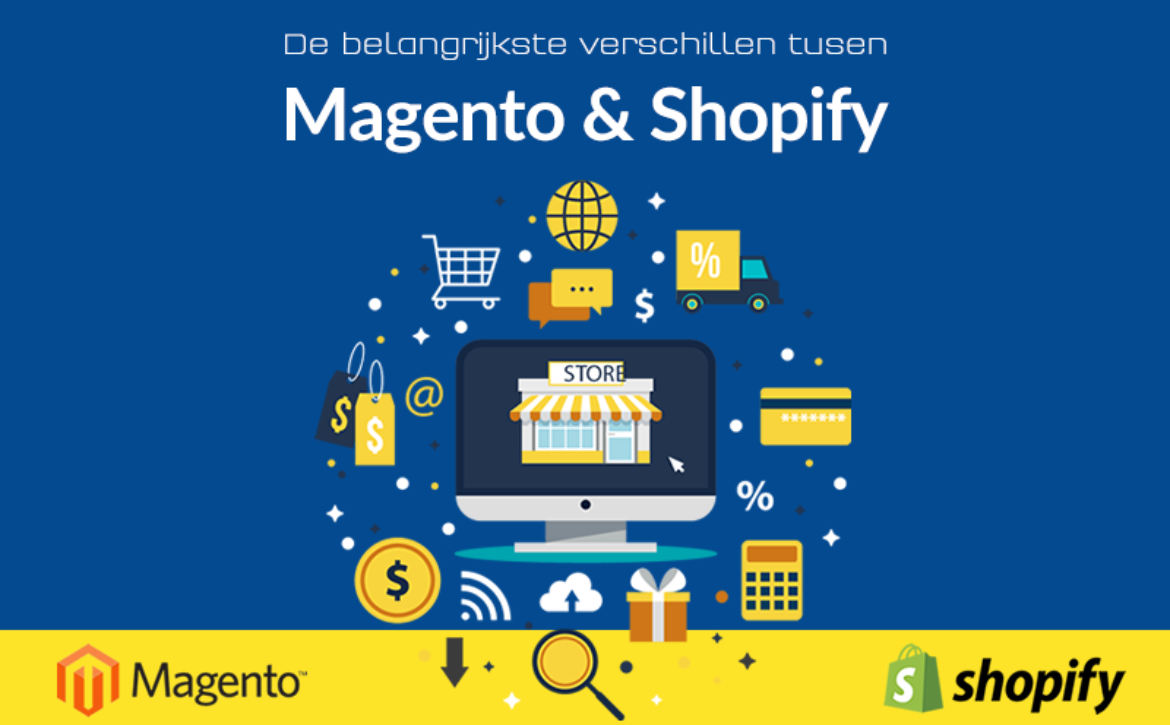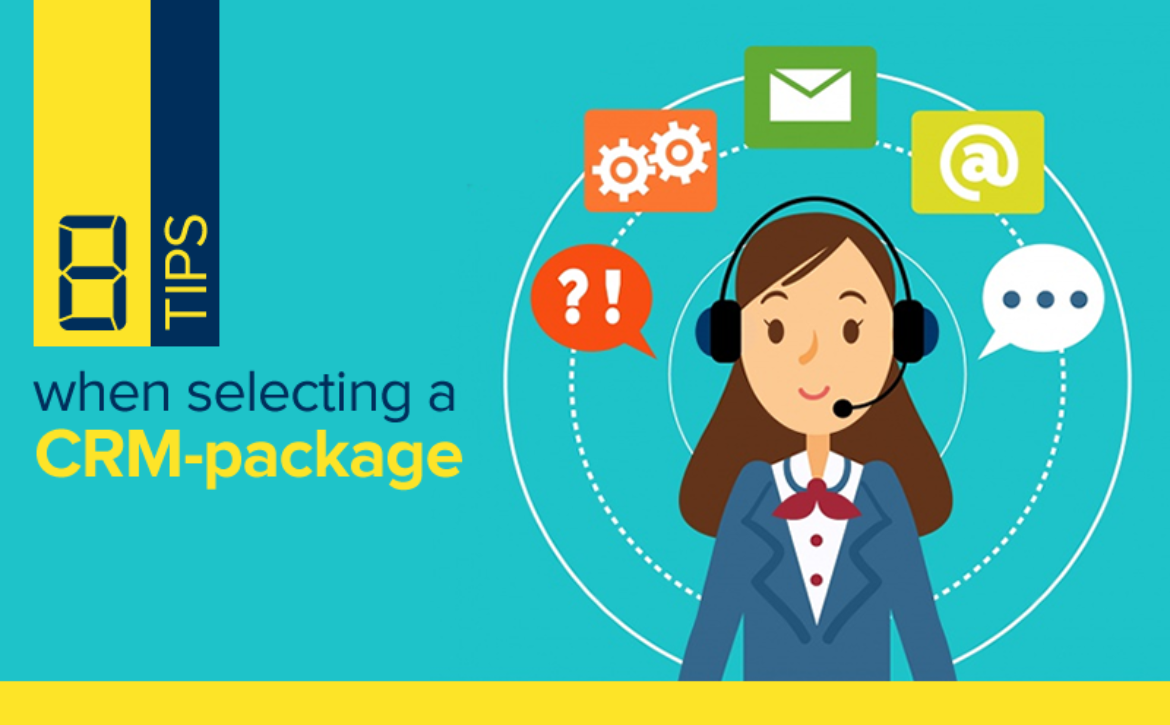The most important differences between Magento and Shopify
Setting up an online store: it is often associated with difficult choices. We are not talking about a brand or domain name in this blog, but about the real backbone of your online store: the e-management system. With two major players on the market – Shopify and Magento – we are not going to compare apples with pears. A short and concise comparison between the two systems is really necessary.
Get your facts straight
First and foremost, it is important to understand the core of both systems. For example, we often read that Magento is an “open source platform”, while Shopify is considered a “click & pay option “.
Magento is therefore a free basic platform on which many developers have developed templates and modules themselves. These modules help to get the most out of the e-management system. The free offer has to be put into perspective, as those modules are often charged for and the price can increase significantly.
In the case of Shopify , however, the source code always belongs to the developer, with whom you will “rent” an online store. Shopify develops its own modules and is therefore easier to use.
Installation & hosting
In the case of Magento the installation is really a specialists’ business. The configuration takes a long time and usually requires a specialized developer. Hosting is not yet automatically arranged neither. Since it is a very heavy system, a specialized hosting service will have to evolve.
At Shopify it is again “simpler” . The system can be installed and configured much faster and it is already automatically hosted. There is much less behind it and the development costs are also reduced considerably. The acquisition costs are also significantly reduced.
Templates & extensions: quality vs. quantity?
Both systems have in common that they can be expanded with many extensions. Some are free, some cost money. The difference is somewhere between quality and quantity. Magento offers more than 5,000 extensions and that number is growing every day. However, since it is an open source system, the quality of these extensions cannot always be guaranteed. Do you want to change a template? Then a developer will have to be involved in the story. At Shopify the quality is very high. The extensions and templates are all developed by Shopify and they usually have a higher quality guarantee. In terms of quantity, Shopify is clearly inferior to Magento, but on the other hand it is a lot easier to carry out style adjustments.
Conclusion
Summarizing the differences between the two e-management systems in a single blog is impossible. Anyway, we can say that both systems are highly recommended. If customization or great flexibility are important: then we always suggest Magento . However, the start-up costs are often much higher and not always ideal for a beginner. In that case, Shopify is a lot more interesting: a simple interface that is easy to set up and entails lower start-up costs.
Curious which system suits you best? Then contact us now for more information or tailor-made advice for your company.


